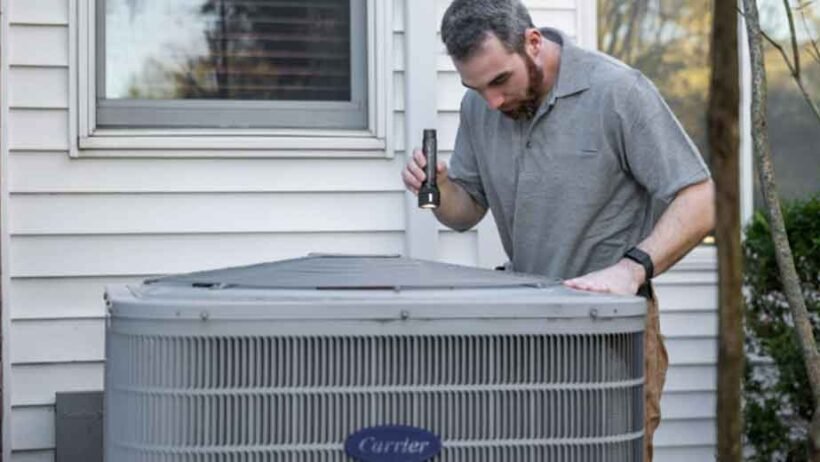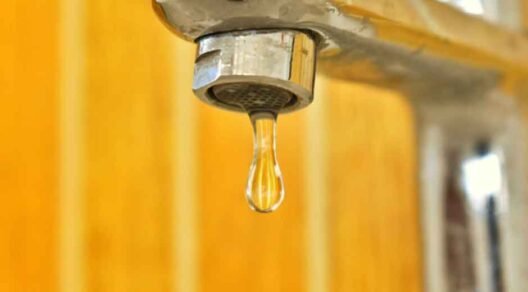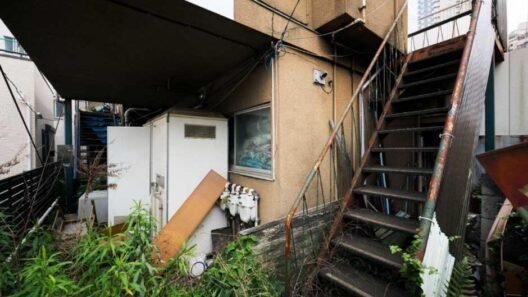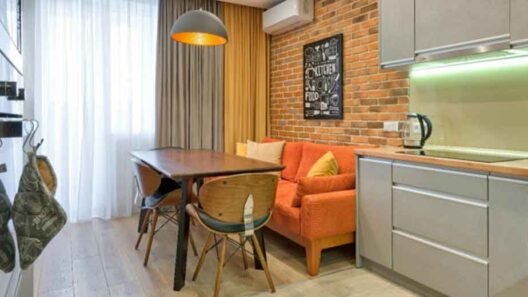When you live in a city like New Orleans, you understand that the weather rarely takes it easy on your home. Summers are long, hot, and humid, while winters, though mild, still bring cool days and plenty of rain. In a climate like this, a reliable HVAC system is essential. A well-functioning system keeps indoor air fresh, humidity under control, and energy bills from skyrocketing.
But HVAC efficiency isn’t just about comfort—it’s about health, cost savings, and the long-term life of your equipment.
This article breaks down what you need to know to keep your system performing at its best throughout the year.
Schedule Regular Maintenance Before Each Season
Your HVAC system needs consistent care to perform at its best. Scheduling maintenance before each major weather shift helps identify small issues before they become expensive repairs. A professional tune-up in spring ensures your air conditioner is ready for the summer heat, which is especially relentless in New Orleans, while a fall inspection gets your heating system set for cooler months.
During these check-ups, technicians clean coils, check refrigerant levels, inspect electrical connections, and make sure all moving parts are lubricated and working properly. Regular maintenance by a trusted company like One Hour Air Conditioning & Heating® of New Orleans improves efficiency, lowers utility bills, and extends the life of your unit. Many homeowners skip these visits, assuming their system is fine as long as it’s running, but preventive care is what keeps it efficient and reliable. Think of it as a check-up for your home’s comfort system—it keeps everything running as it should, no matter the season.
Change Filters Consistently
One of the simplest but most effective steps for maintaining HVAC efficiency is changing the air filters regularly. Dirty filters restrict airflow, forcing your system to work harder and use more energy. Over time, this added strain can lead to higher bills and unnecessary wear on parts. Clean filters also improve indoor air quality by reducing dust, allergens, and other particles that circulate through your home.
Most experts recommend replacing filters every one to three months. However, homes with pets, large families, or individuals with allergies might need more frequent changes. It’s an easy habit that takes only a few minutes but can make a noticeable difference in comfort and efficiency.
Keep Vents and Registers Clean
Even with clean filters, dust and dirt can accumulate in vents and registers over time. Blocked vents can cause uneven heating or cooling and make your system work harder than necessary. Make it a habit to vacuum your vents and wipe them down regularly to prevent buildup. You should also ensure that furniture, rugs, or curtains aren’t blocking airflow.
A well-ventilated home allows air to circulate efficiently, helping the HVAC system maintain a consistent temperature throughout each room. Ignoring dirty or blocked vents can create hot or cold spots and force the system to overwork, leading to premature wear. Taking a few minutes to keep these areas clean not only improves efficiency but also enhances overall air quality.
Seal Leaks and Insulate Properly
Air leaks are one of the most common causes of energy loss in homes. Even if your HVAC system is in perfect shape, leaky ducts or poorly insulated areas can make it work overtime. Inspect windows, doors, and attics for gaps or cracks where air can escape. Adding weatherstripping, caulking, or extra insulation can greatly help maintain indoor comfort.
When air escapes, your system runs longer to reach the desired temperature, increasing your energy bills. Proper insulation and sealing keep conditioned air inside, reduce the strain on your system, and make your home more comfortable year-round.
Use a Smart Thermostat
Upgrading to a smart thermostat is one of the simplest ways to boost HVAC efficiency. Unlike traditional thermostats, smart versions let you control the temperature from your phone and adjust settings even when you’re away from home. They also learn your daily routines and automatically fine-tune heating and cooling schedules to save energy.
Many models also track energy usage and provide reports showing when and how your system consumes the most power. This helps you identify patterns and make smarter decisions about temperature settings.
Maintain Outdoor Units
Your HVAC’s outdoor unit plays a major role in how efficiently your system runs. Over time, leaves, dirt, and debris can build up around the condenser, blocking airflow and forcing the unit to work harder. It’s important to check the area around it regularly and clear away anything within two feet. Keeping this space open allows for proper air circulation, which helps maintain performance and prevents overheating.
You should also rinse the condenser coils a few times a year with a gentle spray from a garden hose to remove dust and grime. Avoid using high pressure since it can bend the delicate fins. Inspect the fan blades for wear and make sure no branches or debris have fallen into the unit. If you notice loud vibrations or rattling sounds, turn the system off and have it checked by a technician.
Improve Indoor Air Circulation
Even the most efficient HVAC system can struggle if air isn’t circulating properly inside your home. Stagnant air creates uneven temperatures and forces your system to run longer to maintain comfort. You can solve this by improving indoor air movement. Use ceiling fans to help distribute air evenly. Set them counterclockwise in summer to push cool air down and clockwise in winter to circulate warm air.
Keeping interior doors open during the day also helps air move freely between rooms. Avoid blocking vents with furniture or heavy drapes, as this restricts airflow and makes your system less effective. You can also consider installing vent boosters in rooms that tend to get too hot or cold.
Plan for Replacement Before It’s Urgent
Every HVAC system has a limited lifespan, and waiting for a complete breakdown before replacing it often leads to stress that could have been avoided. Most systems last between 10 and 15 years, depending on maintenance and usage. If yours is nearing that range and requires frequent repairs, it might be time to consider an upgrade. Newer models are designed with advanced technology that provides better temperature control, improved air quality, and higher energy efficiency.
Planning ahead gives you time to research your options, compare brands, and schedule installation during off-peak seasons when technicians are more available.
Maintaining an efficient HVAC system is about more than comfort—it’s about control. Control over your indoor environment, your energy use, and your long-term costs. Each upgrade, whether it’s installing a smart thermostat or sealing air leaks, adds up to a noticeable difference in how your home feels and performs. When you take charge of your system’s efficiency, you’re not just saving money; you’re creating a space that supports your lifestyle and well-being.








